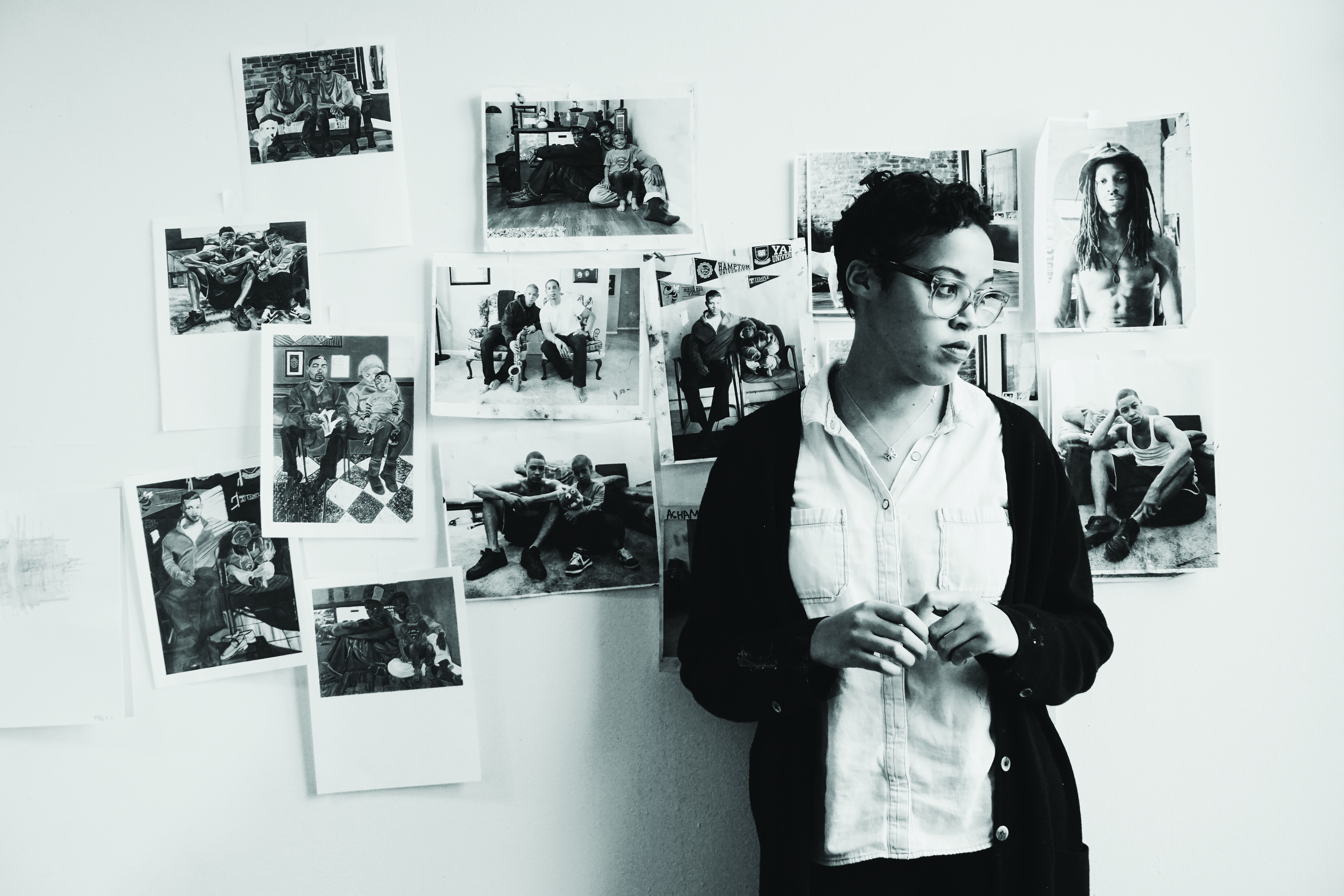
“Through my latest paintings, I have created a family. I am cared for, respected and loved—and I have tried to reciprocate that,” says artist Jordan Casteel. “My subjects have been and continue to be from the communities in which I have lived.” This is abundantly evident in her latest body of work recently on view at The Studio Museum in Harlem, which featured six richly colored and expressive oil-based portraits of multigenerational black males from Harlem.
Casteel was one of three artists-in-residence for 2015-2016, and following an 11-month residency, was included in the group show “Tenses” organized by Amanda Hunt. In the show, Casteel graduated from interiors to exteriors, showing her subjects in an urban environment replete with architectural landmarks, graffiti and vivid street scenes.
A 2014 Yale School of Art MFA graduate, Casteel identified her primary subject matter—the black male—while at school, following the aftermath of Trayvon Martin’s death. Since then, Casteel has consistently focused on African-American men, representing them in emotionally exposed and vulnerable positions and usually within interior settings. Casteel’s first solo show, “Visible Man,” held at Sargent’s Daughters in 2014, was a series of several canvases of black nude models seen through a magical lens. A year later at the same venue, her second exhibition, “Brothers,” examined male familial relationships (including her fraternal twin brother and nephew) within domestic spaces. Her passionate use of color—glowing and sumptuous—showcases the many shades of blackness shared by her subjects. In “Intimisms,” a group show at the James Cohan Gallery where the artist exhibited alongside Alice Neel and Henry Taylor, Casteel’s painting Mom Hand depicts a woman’s hand resting on her lap in a luxurious palette of red, yellow and blue. “The show sought to capture the increasing number of painters working today who are interested in painting subjects intimately,” says David Norr, senior director at the gallery. “Painters like Jordan are on the front lines of this effort, looking closely at the people in her daily life and offering us ways of seeing the world that account for this flux.”
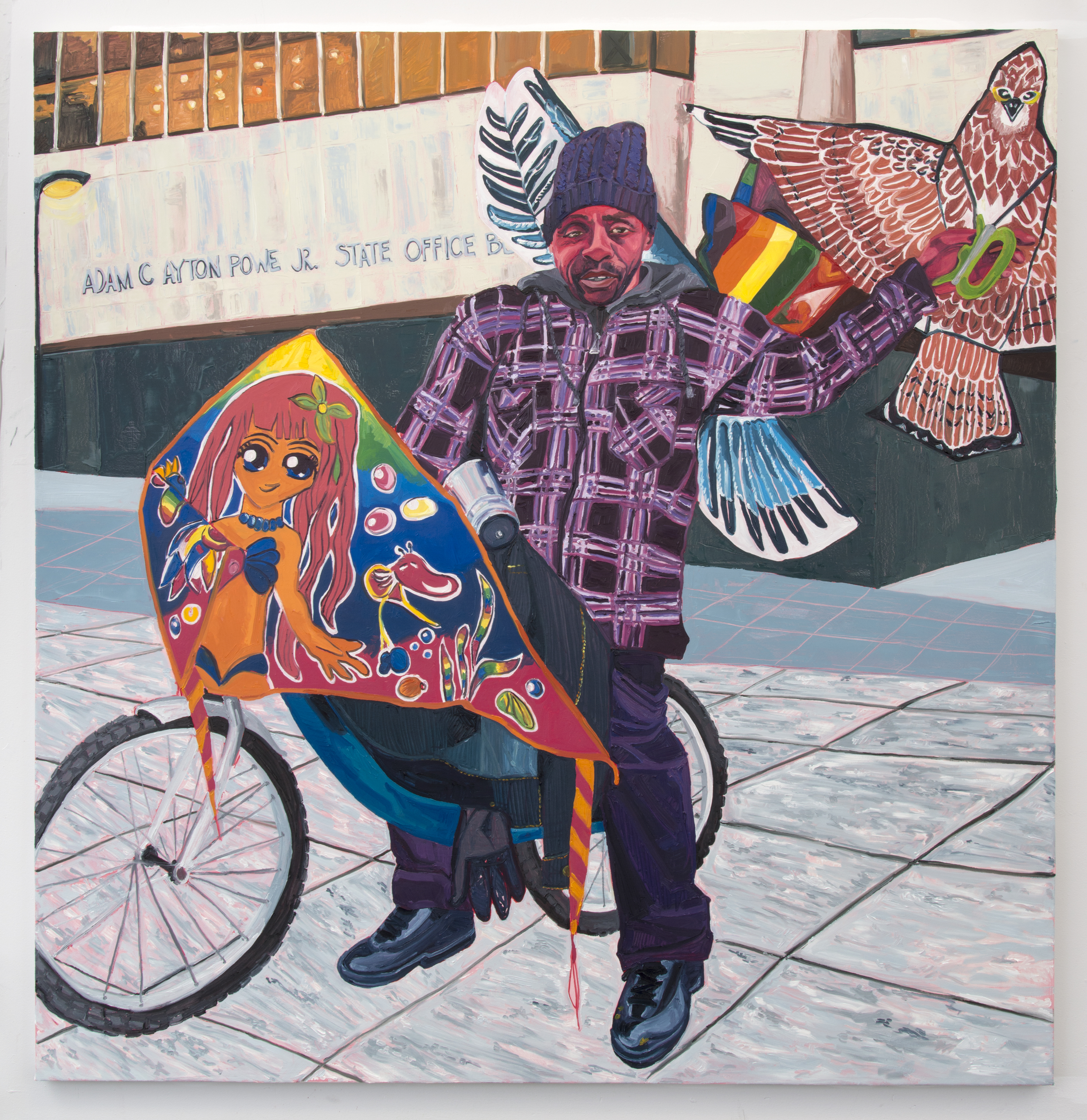
Casteel’s inherent mission, through her portraiture, is to counteract the toxic dialogue that revolves around black men perpetrated by mainstream media, which continuously presents them as thugs and super-predators. “The moments I feel the most at peace are the days when I am able to be in the studio and contribute a vision of blackness in opposition to the one many have been systematically taught to believe,” says Casteel. Drawing upon her personal history—coupled with an undergraduate background in sociology and anthropology—her work serves as sociological reflections of black men today. “My paintings function almost like a diary documenting the communities I have had the privilege of knowing.” A powerful factor in her work is the insertion of Casteel’s gaze directed toward her subjects—a gaze that is nurturing, emotional and very much present. The inclusion of this female energy directly from the artist makes for a tender union.
“Jordan has created a body of work that captures an essential community in Harlem that relies on an alternative economy. They are our neighbors and members of our community here, and, as with anything, they will not last forever in this place in this way,” says Hunt. “New York City is a constantly evolving urban space and Harlem has not escaped its impact and development. These paintings are a record.”
Born in Denver in 1989, Casteel grew up in an arts-centered household, where works by Romare Bearden, Faith Ringgold and Jacob Lawrence hung on her walls. Casteel describes these artists as “depicting community and telling stories—which I am invested in achieving.” Her grandmother was on the boards of The Metropolitan Museum of Art, Lincoln Center and the Dance Theatre of Harlem, and her mother is a prominent activist and philanthropist engaged in social and feminist issues in Colorado. She descends from a long legacy of activism and the marriage between visual arts and social justice has always been firmly rooted in her sphere. “I am charged with a desire to share my love and empathy through my visual language.”
Recently appointed as an assistant professor of painting at Rutgers University-Newark, Casteel is currently preparing a solo project at The Harvey B. Gantt Center in Charlotte, North Carolina, organized by Joeonna Bellorado-Samuels, which will run from mid-January through June.

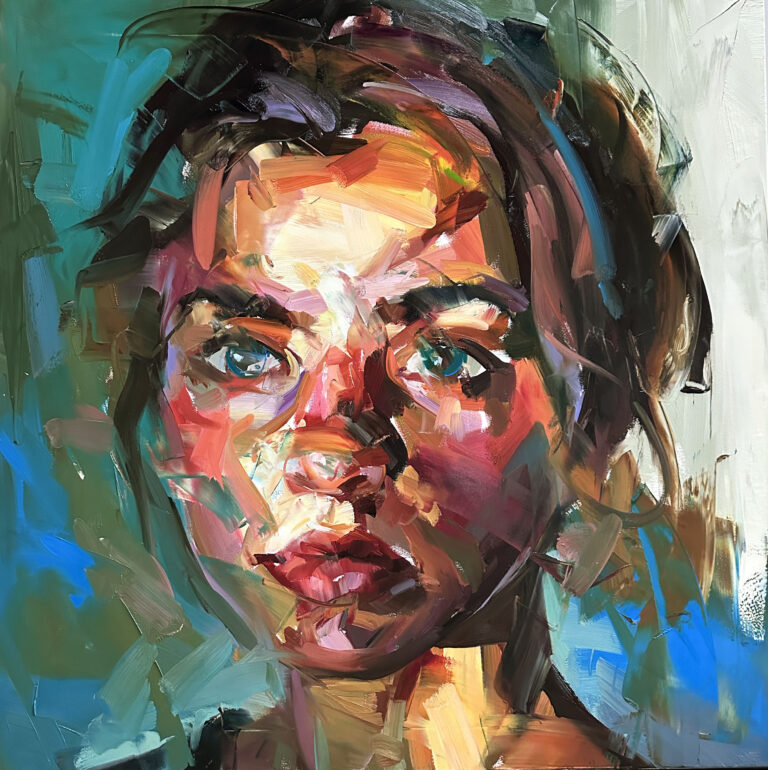
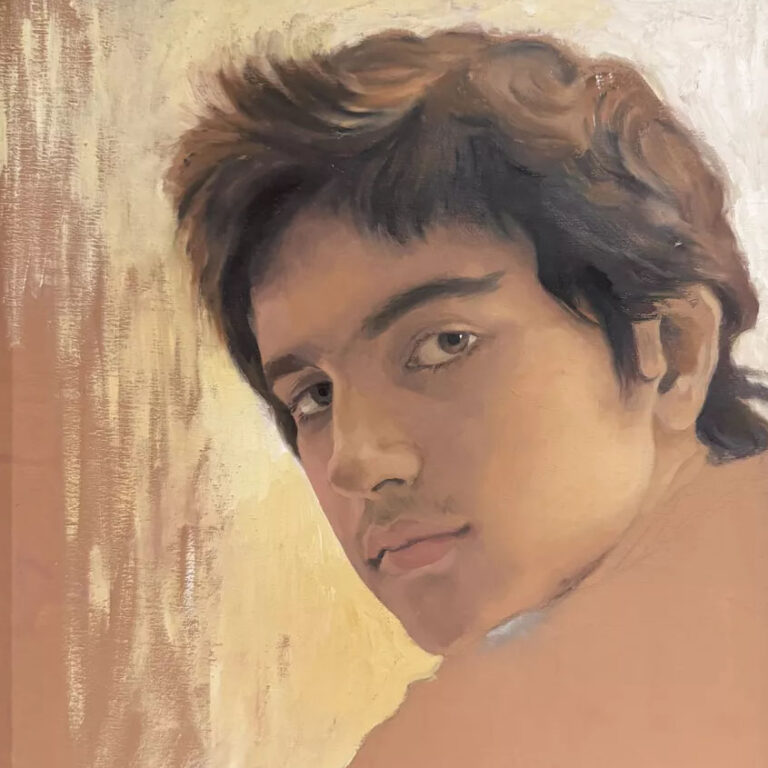
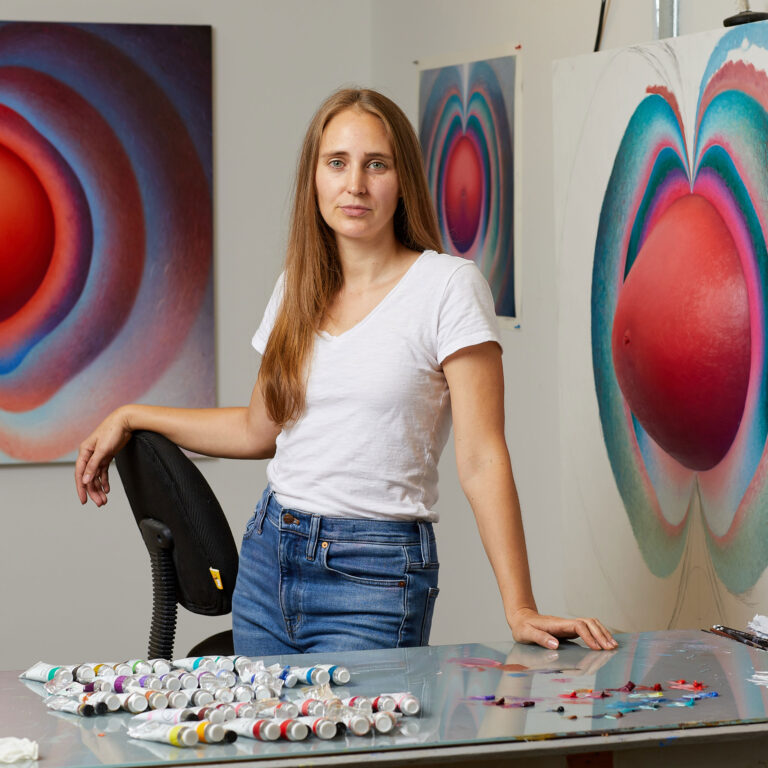
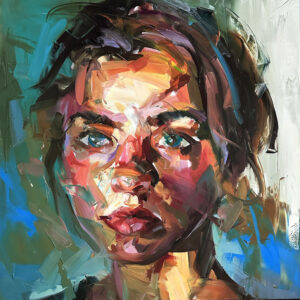
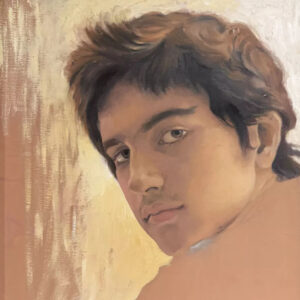
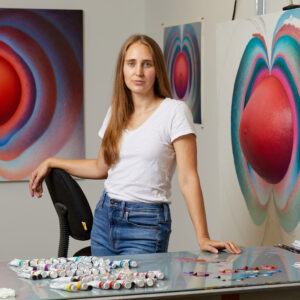



 in your life?
in your life?

